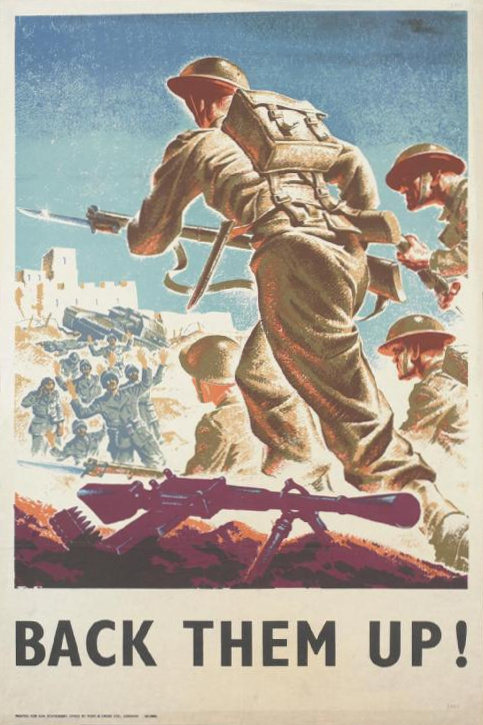On September 3, 1939, Britain officially declared war on Germany, setting the stage for a global conflict that would last for six long years. This declaration was a direct response to Germany’s aggressive invasion of Poland, which violated international agreements and threatened the stability of Europe.
Interesting Facts:
- The declaration was a response to Germany’s invasion of Poland on September 1, 1939. Despite warnings from Britain and France, Hitler proceeded, leading to an inevitable war.
- Britain’s Prime Minister, Neville Chamberlain, bravely addressed the nation in a morning radio broadcast on September 3, 1939. His solemn words, “This country is at war with Germany,” marked the beginning of Britain’s involvement in World War II.
- Following Britain’s declaration, France, in a show of unity, also declared war on Germany on the same day. Together, they formed the core of the Allied forces to fight against the Axis powers.
- Anticipating air raids, Britain had already begun evacuating children from cities to the countryside on September 1, 1939, in what was known as ‘Operation Pied Piper.’ This massive evacuation effort, which saw over 1.5 million people, mostly children, moved to safer areas, was a testament to Britain’s readiness to protect its citizens in the face of war.
- After the declaration, there was a period known as the ‘Phoney War’ (or ‘Sitzkrieg’), during which, despite the state of war, little actual fighting occurred on the Western Front until the spring of 1940. This period of relative calm allowed the British public to adjust to the reality of war, but it also bred a sense of unease and anticipation for the inevitable conflict.
- The declaration not only marked the beginning of Britain’s involvement in World War II but also set the stage for a conflict that would involve nations across the globe and reshape international relations for decades to come.

